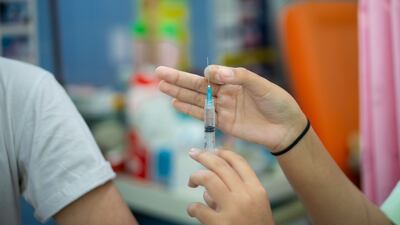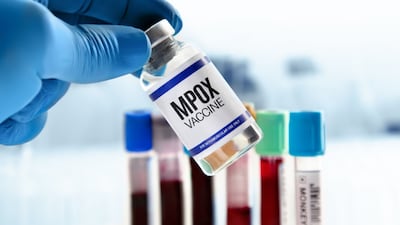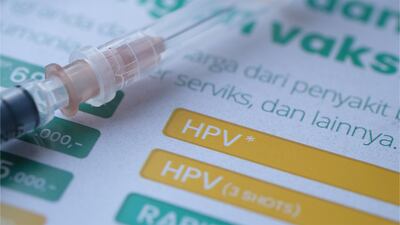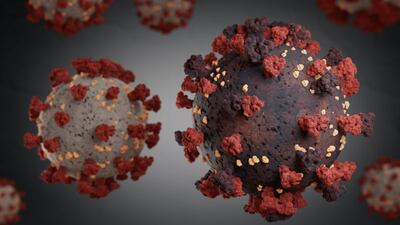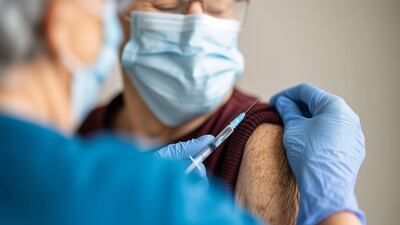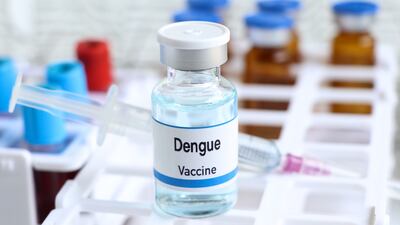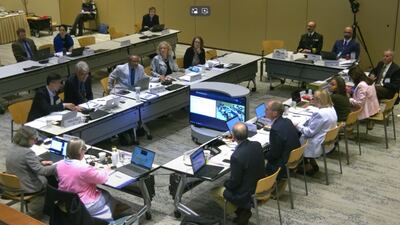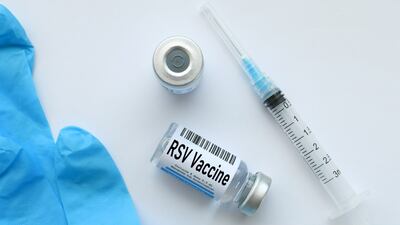Vaccines
Revised recommendation is based on most recent data on circulating strains in US, where KP.3 is now dominant. Novavax sticks with plans targeting the JN.1 ‘parent strain.’
US FDA’s 2015 accelerated approval called for confirmatory trial completion by 2018, but study initiation was delayed. Completed in 2022, the trial not only verified Bexsero’s clinical benefit, it also served as the pivotal study for GSK’s pentavalent meningococcal vaccine candidate.
To help sponsors developing candidate mpox vaccines, the World Health Organization will soon be finalizing guidance on the preferred and minimum characteristics these products must satisfy regarding efficacy, dose regimen and other aspects to secure regulatory approval.
The WHO’s emergency committee has warned of a lack of understanding of the epidemiology of mpox, the limited availability of vaccines, and the complexities of donations and procurement.
The vaccines alliance says its First Response Fund could be used to cover the cost of doses and has outlined plans for a vaccine stockpile. Some experts have criticized the slow rate of response to mpox and called for more solidarity on vaccine provision at global level.
The European Medicines Agency has started reviewing new marketing applications for 10 products, including Blenrep, GSK’s previously approved multiple myeloma drug that was withdrawn from the market, and vimseltinib, which could become the EU’s first oral treatment approved for TGCT.
The Africa CDC says the donation of more than 215,000 doses of mpox vaccine is a “crucial step” in tackling the latest outbreak.
An emergency use listing means the vaccines can be approved for use in lower-income countries where they are not licensed, and will allow international organizations like Gavi and UNICEF to procure them for wider distribution.
HPV vaccine shipments to China are expected to fall after a government crackdown on bribery and corruption caused scientific communication with health care providers to decline. Gardasil also may be hurt by budgetary pressures on distribution of the government-reimbursed vaccine.
The effort and expense to maintain the committee, which met only 10 days in the past 15 years, can no longer be justified, the FDA said. The terminated panel’s responsibilities will be integrated into the Vaccines and Related Biological Products Advisory Committee.
The CDC’s ACIP again punted a decision on whether to make a pneumococcal vaccine available to all adults 50 and older amid concerns over cost and equity tradeoffs, as well as unknowns about the length of vaccine protection.
Targeting the JN.1 subvariant of the SARS-CoV-2 virus will facilitate timely vaccination campaigns in Europe to help reduce the burden of disease associated with COVID-19, according to the EU regulator.
The European Medicines Agency has issued draft recommendations on how vaccine developers can generate efficacy data to enable their product’s safe use in immunocompromised individuals.
Industry and other stakeholders have been invited to comment on the World Health Organization’s revised guide on the development of next-generation influenza vaccines.
Sanofi’s voluntary Dengvaxia withdrawal due to low demand leaves the US with no dengue vaccine, even as Puerto Rico declares a public health emergency and global cases rise.
The EMA is proposing to update its two previous guidelines on COVID-19 vaccines to offer consolidated advice on the non-clinical and clinical development of new SARS-CoV-2 or related sarbecovirus vaccines.
The June meeting of the European Medicines Agency's human medicines committee brought mixed fortunes for companies. 10 new products were recommended for pan-EU approval, two drugs were rejected, while the conditional approval of one drug is set to be revoked. PTC Therapeutics again faced disappointment regarding its Duchenne muscular dystrophy drug Translarna, but has vowed to fight back.
The CDC's Advisory Committee on Immunization Practices voted for a universal COVID-19 vaccine recommendation for 2024-2025, but said the decision would have been easier with a lower-cost product.
The unpopular shared clinical decision-making policy for RSV vaccines in adults age 60 and older should be replaced by risk-based criteria in people age 60-74 and a universal age-based recommendation at 75 and older, the CDC’s Advisory Committee on Immunization Practices agrees.
Globally harmonized guidance on evaluating the viral safety of biotechnology products has undergone major revisions for the first time in over two decades to address a raft of scientific advances. Manjula Aysola explores the changes and their impact for manufacturers.




